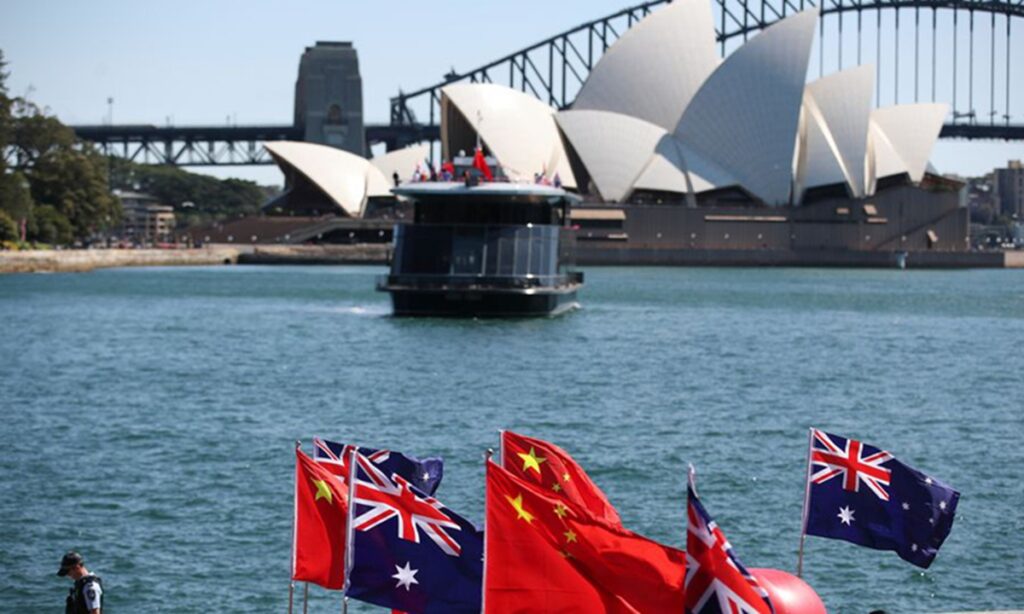The fact that Australia has once again become the first country that China has warned against studying in for 2021, appears to have dashed hopes of the easing of trade tensions between the two countries, any time soon. Even worse, such a travel advisory warning is sufficient to raise concerns over whether the bilateral ties will continue to sink.
China’s Ministry of Education (MOE) issued the fresh warning on Friday that asked Chinese nationals to make a full risk assessment and consider options carefully when it comes to choosing to study in Australia, citing a series of vicious attacks on Chinese students that have happened in the country recently and the still serious COVID-19 pandemic situation there. This marks the second year that the MOE’s first warning of the year targeted Australia.
Data from the Australian Department of Home Affairs showed that the number of Chinese mainland students registered in the country fell in 2020 from 2019.
China is the biggest source of international students in Australia. Given the fact that Canberra is unlikely to reopen its international borders in the short term, it is conceivable that the country’s education and tourism sectors will face long-lasting negative impacts under the circumstances.
Yet, the blow to Australia’s international education industry may only represent the tip of the iceberg. Australia-grown agricultural products are likely to bear the most direct and serious brunt of China-Australia tensions.
With China’s market is entering the Spring Festival holiday sales season, Australian agricultural products, such as wine, beer and cherries, are clearly missing out on this opportunity.
It is true that over the past few months, the broad Chinese consumers have shown less tolerance toward Australian goods, largely because of Canberra’s deliberate efforts to discriminate and oust Huawei’s 5G equipment, and its interference in Hong Kong and South China Sea issues. Those moves are interpreted by Chinese people as Australian government’s unfriendliness or hostility toward China.
While Australian farmers and individual exporters behind its agricultural industry may not get as much attention as its international educational institutions, the impact on the wider Australian economy cannot be underestimated.
Although the Morrison administration, under intense domestic pressure, appears to be seeking a restart of dialogue with China, what they say is unsurprisingly inconsistent with what they really do.
Lately, Canberra called for the United Nations to be granted immediate, meaningful and unfettered access to Northwest China’s Xinjiang Uygur Autonomous Region – another intrusion into China’s internal affairs.
The latest advisory warning against studying in Australia is a justified reminder for Chinese students and other nationals amid an increasingly confrontational atmosphere between the two countries. Canberra is responsible for the deteriorating bilateral relations, and we hope the new travel warning will call for a reverse of Canberra’s very discriminative China policy.
File photo


